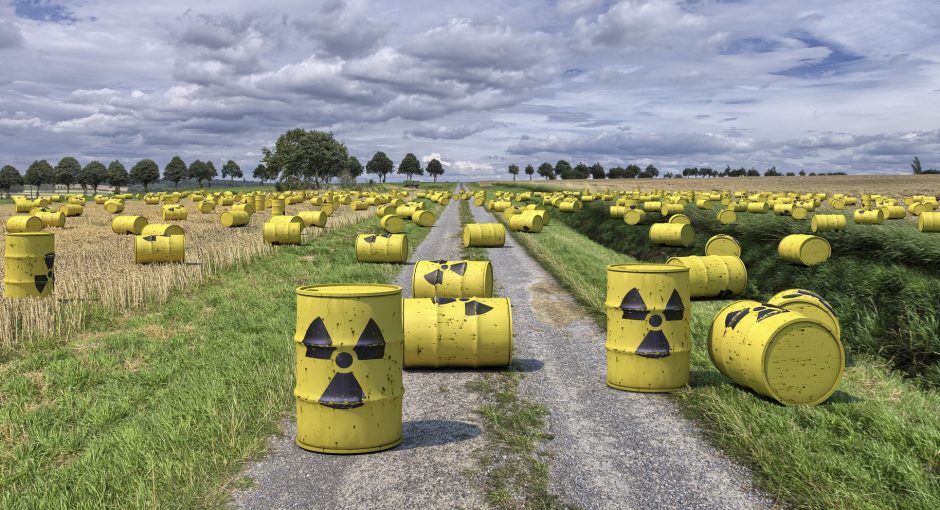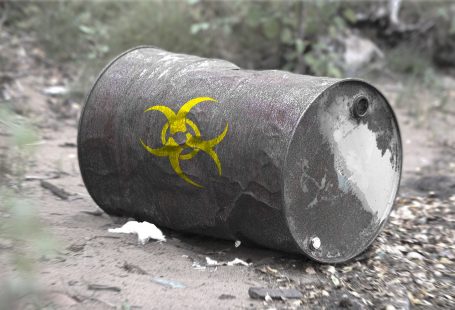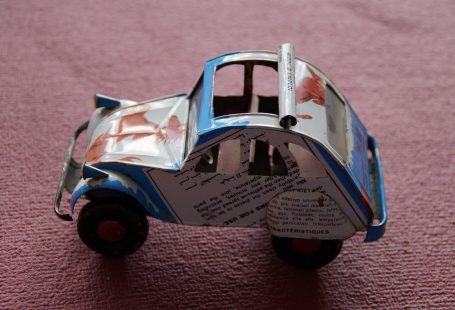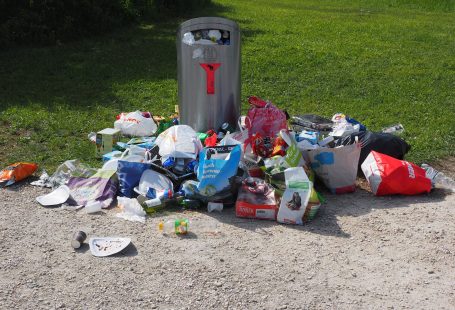Most wastes generated in the laboratories and shops located on campus are prohibited from disposal in the regular trash or down the drain. Many of these wastes are regulated under the federal Resource Conservation and Recovery Act (RCRA).
The term hazardous waste is defined under RCRA as solids, liquids, and gases that exhibit certain characteristics or are specifically listed in the rules. Hazardous waste is regulated under a “cradle to grave” concept, meaning that the waste is tracked via written records from the time it becomes a waste, and that ownership remains with the generator forever. Therefore, the best method to reduce the risk of future remediation costs is to reduce the amount of hazardous waste generated. It is essential to consider the amounts and types of wastes that will be generated when a project is in the proposal stage in order to ensure that a disposal method exists that is both legal and affordable—and to minimize the amount of waste generated. Every person responsible for the generation of waste at Michigan Tech must understand the proper disposal procedures and the requirements of the Michigan hazardous waste rules under RCRA.










